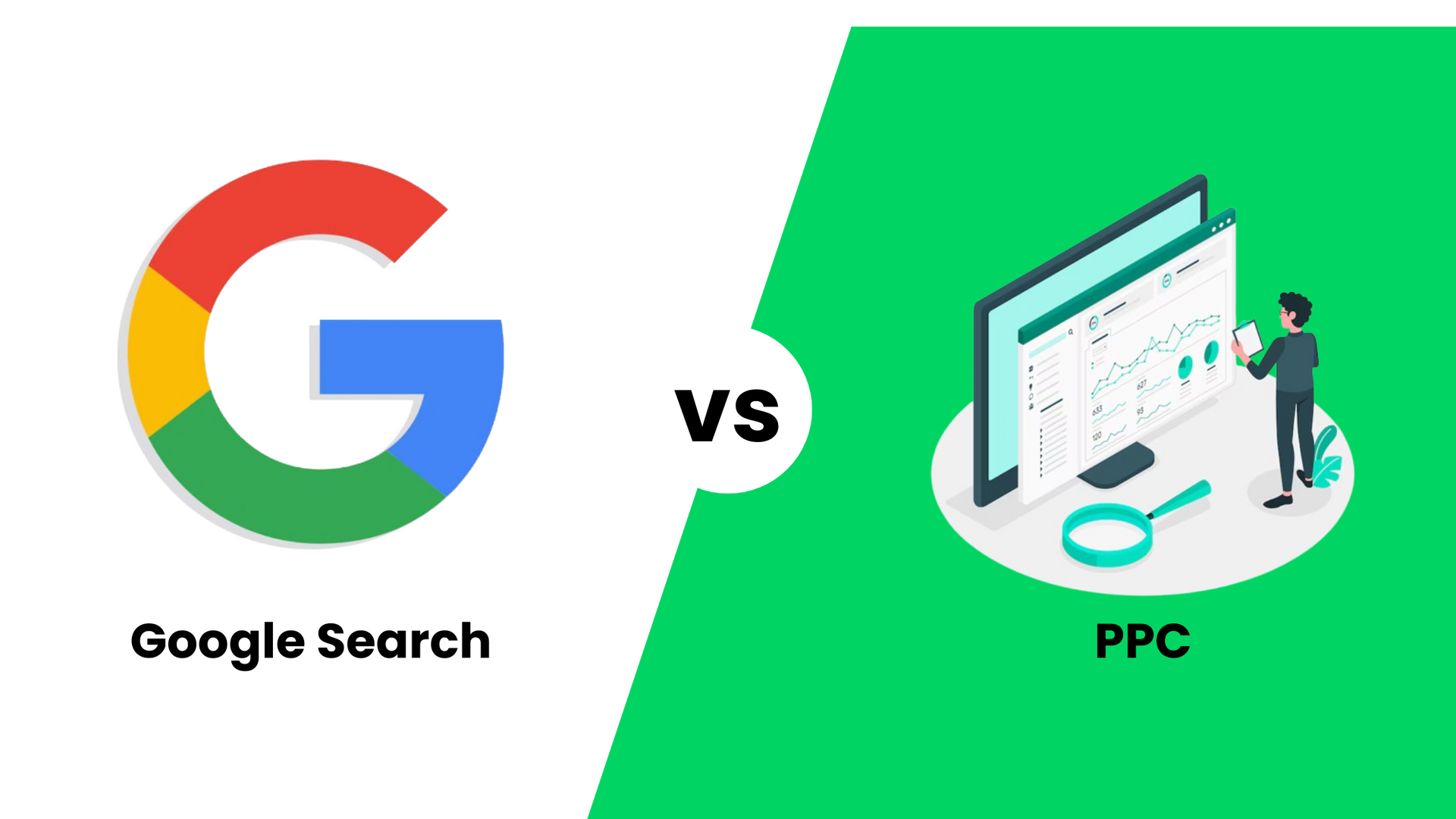Google Ads Quality Score - Is All Fair In Love And War?
info • August 12, 2023
What Is Google Quality Score?
Google quality score is a rating given based on various user experience factors from you ads expected and previous performance and the user experience, including the landing page.Understanding Quality Score and Its Impact on Google Ads
Mastering PPC, particularly Google Ads, demands a comprehensive grasp of the Quality Score. This is because your Quality Scores significantly shape the pricing and efficiency of your paid search campaigns. Think of it like this: just as your credit score determines your loan eligibility and interest rates, Google's Quality Score dictates the performance and cost-per-click of your PPC ads.
Quality Score: A Closer Look
Quality Score is Google’s evaluation of the relevance and quality of your keywords and PPC ads. This score plays a pivotal role in establishing your cost-per-click (CPC) and, when combined with your maximum bid, helps determine your ad rank during the ad auction. Factors influencing your Quality Score include:
- Click-through rate (CTR).
- Keyword relevance to its respective ad group.
- Landing page quality and its pertinence.
- Ad text relevance.
- Your Google Ads account's historical performance.
Benefits of Elevating Google Quality Score
Data from countless PPC accounts highlights that Quality Score is directly proportional to your Google Ads' success. By honing your Quality Scores, you pave the way for enhanced ROI. This is because an elevated Quality Score generally leads to a reduced cost-per-conversion. Note that cost-per-conversion differs from cost-per-click. It represents the cost associated with a user taking a desired action, like signing up or purchasing. Given that not all clicks result in conversions, the cost-per-conversion typically exceeds cost-per-click. Fortunately, a robust Quality Score diminishes both these costs.
Impact on What You Pay Per Click By Google Quality Score
The scale is from 1 to 10, 1 being poor, 10 being great and 5 being the Google benchmark. Here are the impacts you could expect on what you pay based on your Google ad quality score with the average cost per click being £1 for easy math.10 - £0.50 ( -50% ) 9 - £0.558 ( -44.2% ) 8 - £0.635 ( -37.5% ) 7 - £0.714 ( -28.60% ) 6 - £0.833 ( -16.70% ) 5 - £1 ( This is the benchmark score ) 4 - £1.25 ( +25% ) 3 - £1.673 ( +67.3% ) 2 - £2.50 ( +150% ) 1 - £4 ( +400% )
Now imagine your ad budget is £1000 per month that is the difference between 1000 clicks and 250 clicks . Assuming that you have the same conversion rate, it could be 4 times the amount of business from the same ad spend!
Boosting Your Google Ads Quality Score: Strategies
With Quality Score in Google Ads shaping your ad's visibility and frequency, it's crucial to enhance your ratings. Here are ways to achieve this:
Keyword Research: Identify relevant keywords, including long-tail ones, to bolster your campaigns. Keyword Organisation: Categorise your keywords meticulously into structured groups for more efficient ad campaigns. Ad Text Refinement: Create more targeted PPC ad copies to uplift CTR and, consequently, Quality Score. Landing Page Optimisation: Ensure landing pages resonate with your ad groups and offer a seamless experience from keyword search to conversion. Incorporate Negative Keywords: Consistently exclude irrelevant search queries that drain your budget. In essence, Quality Score gauges relevance. High scores are typically achieved with a well-structured Google Ads account comprising organised keywords, aptly categorised ad groups, coherent ad text, and congruent landing pages.
If you would like a FREE audit on your Google ads or, reading this has given you faith that having a professional manage your Google Ads might give you a shot at making it profitable and you would like to find out more. Contact us here.









